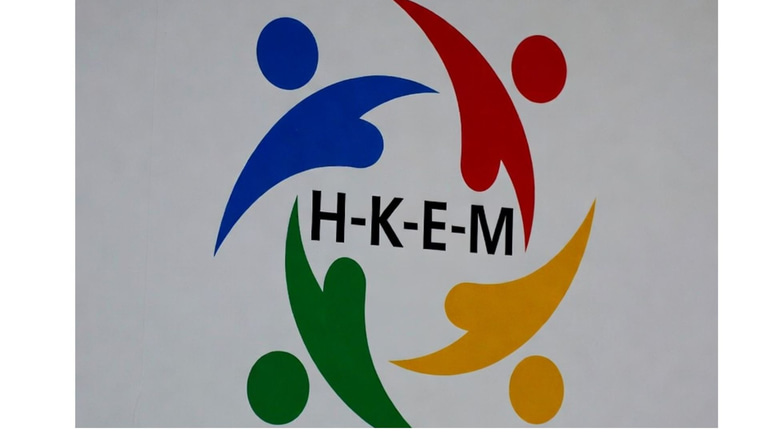
Health is a crown on the heads of the healthy that only the sick can see.
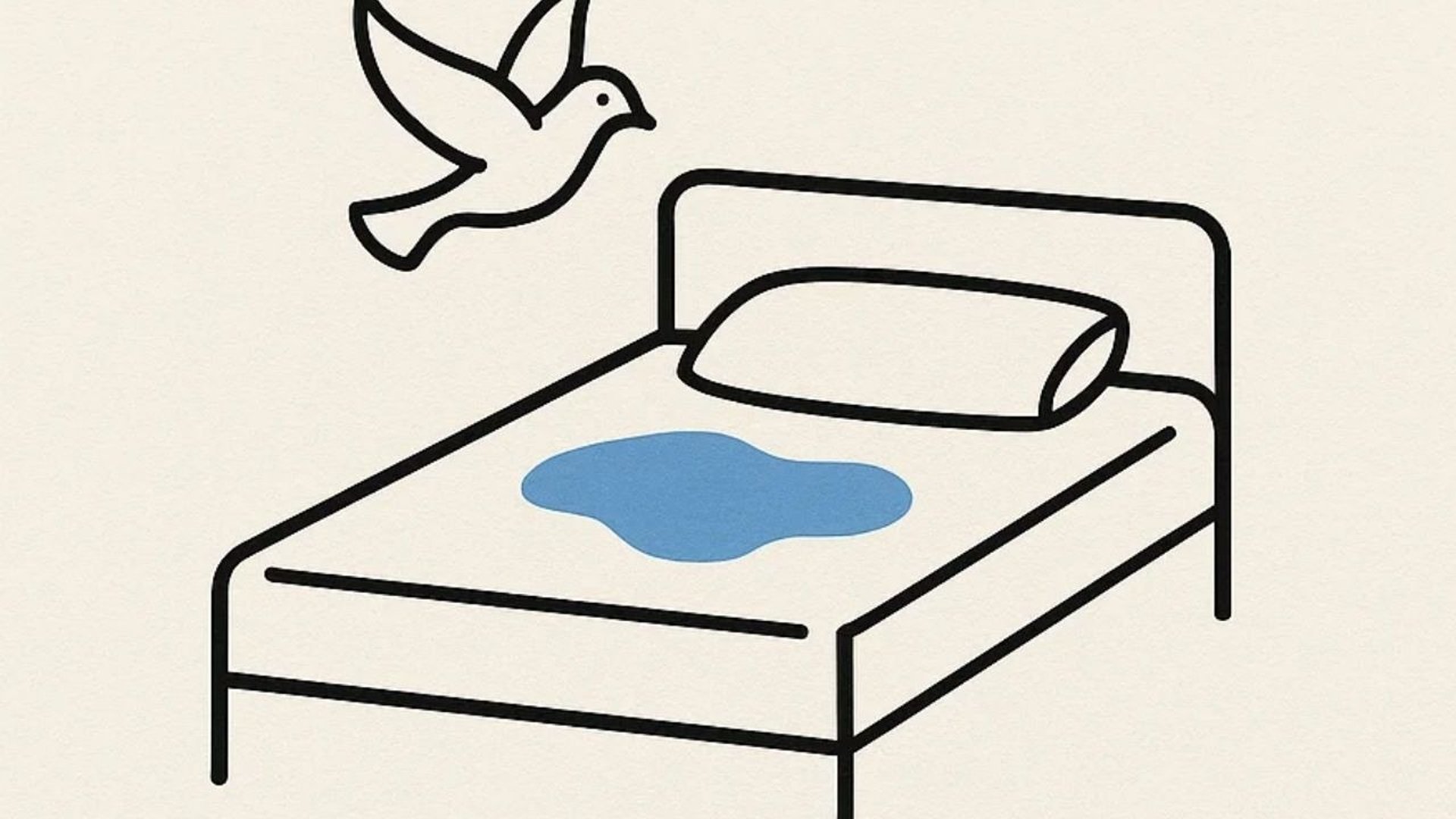
🕊️ Bedwetting: What’s the Connection ? Voluntary Fasting
🌙🧠Explore how voluntary fasting may influence bedwetting (nocturnal enuresis) through hormonal balance, kidney regulation, and bladder control.
GENTIOURINAY SYSTEMFASTING
Dr Hassan Al Warraqi
10/12/202510 min read


🕊️ Bedwetting : What’s the Connection? Voluntary Fasting
🌙🧠Explore how voluntary fasting may influence bedwetting (nocturnal enuresis) through hormonal balance, kidney regulation, and bladder control.
Let's take a close look at how voluntary fasting might relate to bedwetting.
This involves digging into existing research to see how fasting affects the body, specifically the urinary system.
We'll consider different types of fasts, what animal studies and human research tell us, and how people who struggle with bedwetting can manage fasting safely.
This is based on the research provided.
How Fasting Affects Your Urinary System
When you fast, it changes your body's fluid balance, hormones, and how your kidneys work.
These changes can impact how much urine you make and how well you control your bladder.
One key finding from animal studies is that fasting can reduce the levels of a protein called aquaporin-2 (AQP2) in the kidneys.
AQP2 helps your kidneys reabsorb water back into your body.
When AQP2 levels drop, your kidneys don't concentrate urine as well, leading to more urine production.
A study on rats showed that just 24 hours of fasting caused them to produce more urine that was less concentrated.
This happened even when they drank less water, suggesting their kidneys weren't working properly.
Interestingly, a different type of fasting called intermittent fasting seems to have the opposite effect in some cases.
A study on rats with a condition that often causes bladder issues showed that intermittent fasting reduced inflammation and damage in their bladders and kidneys.
This suggests that regular, short periods of fasting might actually protect the urinary system in certain situations.
Other research has found that intermittent fasting can increase the levels of other aquaporins (AQP-1 and AQP-3) in the bladder, which are important for water transport and bladder function.
This suggests that intermittent fasting could potentially improve bladder capacity and function.
It's also worth noting that when your body breaks down stored energy during fasting, it releases water.
This extra water can also lead to increased urine output, especially at the beginning of a fast or after eating carbs again.
All of this shows that fasting can have different effects on your urinary system depending on the type of fast, how long it lasts, and your overall health.
What Studies Say: Animal Models and Human Research
There aren't specific studies on humans with bedwetting who are voluntarily fasting.
However, we can learn from animal studies and research on related topics.
One study on healthy men who did an 8-day water-only fast found that their urinary symptoms actually improved.
They had better urine flow and their prostate size decreased.
This suggests that fasting might help with urinary issues related to an enlarged prostate or similar conditions.
But, it’s important to remember that these results might not apply to kids with bedwetting.
As we discussed earlier, animal studies have shown that short-term fasting can lead to increased urine production, while longer-term intermittent fasting might protect the bladder and kidneys.
One study looked at Muslims fasting during Ramadan and found that their overnight urine volume and concentration didn't change.
This suggests that the body can adapt to daytime water restriction without affecting nighttime urine production.
However, other reports have noted that some people urinate less with darker urine, while others urinate more due to concentrated fluid intake when they are not fasting.
This highlights that everyone responds to fasting differently, and it depends on how well they manage their fluid intake.
Overall, the research suggests that fasting can affect urinary function in different ways, and the specific effects depend on the type of fast and the individual.
Ramadan Fasting and Its Impact
Ramadan fasting is a unique type of voluntary fasting where people abstain from food and water from dawn to sunset for about a month.
This can create specific challenges for those with bedwetting.
One common issue is sleep disruption.
People often eat a large meal after sunset (Iftar) and stay up later for religious activities, which can delay their sleep schedule and reduce total sleep time.
Sleep problems are already linked to bedwetting, so disrupting sleep even more can make things worse.
Hydration is another important factor.
While people don't drink during the day, it's possible to maintain adequate hydration by drinking enough fluids during non-fasting hours.
But, if people don't manage their fluid intake well, they can become dehydrated, leading to concentrated urine and potential problems with bedwetting.
Comparing Different Types of Fasts
There are many kinds of voluntary fasts.
Some key differences are how long they last, how often they're done, and whether you can drink liquids while fasting.
Intermittent fasting: This involves regular periods of fasting, such as fasting for 16 hours a day or alternating days of fasting and eating.
Water is usually allowed during the fasting period.
Religious fasts: Many religions have voluntary fasts.
These vary in length and intensity, but often allow water intake.
Fasts that allow water intake generally pose a lower risk for people with bedwetting.
They avoid the dehydration that can come with fasts like Ramadan.
How to Manage Bedwetting During Fasting
If you have bedwetting and want to participate in voluntary fasting, here are some tips:
Talk to your doctor: Get medical advice before starting any fast, especially if you're a child or have other health conditions.
Plan your fluid and diet: Drink enough fluids in the evening and before dawn (Suhoor).
Choose foods that release fluids slowly, like fruits, vegetables, and whole grains.
Avoid sugary and salty foods.
Prioritize sleep: Maintain a consistent sleep schedule as much as possible.
Create a relaxing sleep environment and avoid heavy meals before bedtime.
Be flexible:If fasting makes your bedwetting worse or affects your health, it's okay to modify or stop the fast.
What We've Learned and What's Next
The relationship between voluntary fasting and bedwetting is complicated.
It's not simply good or bad.
It depends on the type of fast, how long it lasts, your individual health, and how well you manage your diet and hydration.
Fasting that restricts water intake and disrupts sleep, like Ramadan, can be risky for those prone to bedwetting.
On the other hand, other types of fasting, like intermittent fasting, might have therapeutic benefits.
More research is needed, especially studies that directly examine the effects of different types of voluntary fasting on children and teenagers with bedwetting.
Future studies should look at sleep quality, urine production, and markers of inflammation.
In the end, while some evidence suggests managing water-depriving fasts requires careful attention to not worsen enuresis, the broad spectrum of voluntary fasting presents possibilities that merit scientific study.
FAQs frequently asked questions : Voluntary Fasting and Bedwetting – nocturnal enuresis What’s the Connection?
answers to common questions about how voluntary fasting might affect bedwetting (nocturnal enuresis).
1. Can fasting cause or worsen bedwetting?
Possibly—it depends on the type of fast.
Short-term, water-depriving fasts (like Ramadan) may increase nighttime urine production in some people due to:
Reduced kidney ability to concentrate urine (linked to lower aquaporin-2 levels, as seen in rat studies).
Disrupted sleep patterns (delayed bedtime, less REM sleep), which can raise the arousal threshold and make it harder to wake up when the bladder is full.
Poor fluid management—e.g., drinking too much sugary liquid at night can lead to more urine production.
However, not everyone experiences worsening bedwetting, and some people adapt well with proper hydration and sleep hygiene.
2. Does all fasting affect the urinary system the same way?
No. Different fasting styles have different effects:
Ramadan-style fasting (no food or water from dawn to sunset): May temporarily impair urine concentration and disrupt sleep—potentially increasing bedwetting risk.
Intermittent fasting (e.g., 16:8 method, with water allowed): Generally low risk.
Some animal studies even suggest it may protect the bladder and kidneys by reducing inflammation and improving aquaporin function.
Religious voluntary fasts that allow water (e.g., Islamic Monday/Thursday fasts, Usually safe for people with enuresis, as hydration and sleep aren’t significantly disrupted.
3. What does the science say—animal vs. human studies?
Animal studies show mixed results:
A 24-hour fast in rats caused more dilute urine and higher volume due to reduced AQP2 in kidneys.
But intermittent fasting in other rat models improved bladder and kidney health by lowering oxidative stress and restoring aquaporin levels (AQP-1, AQP-3).
Human studies are limited but informative:
One study found improved urinary flow and reduced prostate size in men after an 8-day water-only fast—but this doesn’t directly apply to children with bedwetting.
During Ramadan, some people maintain normal overnight urine concentration, while others report changes—highlighting individual variability.
4. Is Ramadan fasting safe for children with bedwetting?
Caution is advised.
Islamic teachings exempt children from fasting until they reach puberty, partly because their bodies are still developing fluid and sleep regulation systems.
If an older child or teen chooses to fast:
Work with a doctor first.
Focus on balanced hydration at Suhoor and Iftar.
Avoid large, sugary meals that can increase nighttime urine.
Prioritize consistent sleep—even during Ramadan.
If bedwetting worsens or causes distress, it’s acceptable—and often recommended—to postpone or modify fasting.
5. Can fasting ever help with bedwetting?
Potentially, yes—but not in the short term.
While acute fasting may temporarily increase urine output, structured intermittent fasting has shown protective effects in animal models by:
Reducing bladder inflammation.
Improving tissue health.
Restoring normal water channel function.
Though this hasn’t been tested in children with enuresis, it suggests that certain fasting patterns might support urinary health long-term—but more research is needed.
6. How can someone with bedwetting fast safely?
Follow these evidence-based tips:
✅ Consult a healthcare provider before starting any fast.
✅ Hydrate wisely: Drink enough water during non-fasting hours, but avoid chugging large amounts at once.
✅ Eat balanced meals: Include fiber, protein, and complex carbs (e.g., oats, legumes, fruits) to slow fluid release.
✅ Limit salt and sugar: These increase thirst and urine production.
✅ Protect your sleep: Stick to a regular bedtime, even during religious observances.
✅ Be flexible: If fasting harms your health or worsens bedwetting, it’s okay to stop or adjust—many faith traditions allow exemptions for health reasons.
7. What’s still unknown?
Key research gaps include:
Direct studies on children and teens with enuresis who fast.
How different fasts affect nighttime urine volume, sleep architecture, and bladder capacity in real-world settings.
Whether intermittent fasting protocols could be used therapeutically for certain types of bedwetting.
Until then, decisions should be individualized, medically informed, and compassionate.
Bottom Line:
Voluntary fasting isn’t inherently “bad” for bedwetting—but water-depriving, sleep-disrupting fasts like Ramadan require careful management.
Other forms of fasting that allow water and maintain normal sleep are generally low-risk.
Always prioritize health, hydration, and rest, and seek professional guidance when needed.
======================================================================
🌙💧 Dr. Hassan’s 3–4 Day Fasting Plan for Treating Enuresis
(Inspired by Prophet David’s Alternate-Day Fasting)
🌅 Overview
The David Fast—fasting every other day or 3–4 days a week—is one of the most balanced voluntary fasting patterns.
In Dr. Hassan’s medical-adaptive version, this rhythm helps restore hormonal balance (ADH), bladder control, and nervous system calm—without dehydration or exhaustion.
This schedule is ideal for:
Children above 12 years (under guidance)
Adolescents and adults with primary or persistent nocturnal enuresis
Patients without kidney, diabetic, or cardiac conditions
🩺 Why Alternate-Day Fasting Helps Enuresis
Resets the Antidiuretic Hormone (ADH) Rhythm
Regular fasting days train the kidneys to retain water efficiently.
On eating days, hydration restores normal kidney function — preventing chronic dehydration.
Trains Bladder Capacity Gradually
Reduced fluid intake during fasting teaches the bladder to stretch slowly, enhancing control.
Balances the Autonomic Nervous System
The alternation between fasting and nourishment quiets the stress response linked to bedwetting.
Improves Sleep Hormones
Fasting enhances melatonin and reduces nighttime urine volume, promoting deeper sleep without accidents.
📆 Weekly Schedule Example
Day
Type
Fasting Window
Hydration Notes
Monday
Fasting
Dawn → Sunset
Gentle rehydration after iftar
Tuesday
Eating
Normal meals
Hydrate generously, avoid caffeine
Wednesday
Fasting
Dawn → Sunset
Stop fluids 1.5 hrs before sleep
Thursday
Eating
Light dinner, no late-night drinks
—
Friday
Fasting
Dawn → Sunset
Use Manuka honey at iftar
Saturday
Optional Fasting
As tolerated
—
Sunday
Rest
Full hydration
—
⚖️ Fasting frequency: 3–4 days per week (alternate-day style)
⏳ Duration: 6–8 weeks minimum for lasting improvement
💧 Hydration Strategy
Iftar (sunset): 1 glass water + 2 dates + light soup
Dinner: moderate fluids (no tea, soda, or salty foods)
Before sleep: no liquids within 90 minutes
Suhoor (pre-dawn): 1–2 glasses water + oats, banana, or yogurt
Goal: Train the kidneys to retain water during the fasting day and release normally overnight.
🍯 Nutritional & Supportive Tips
Add 1 teaspoon of Manuka honey at iftar for bladder relaxation and antioxidant support.
Eat magnesium- and zinc-rich foods on non-fasting days.
Avoid citrus, chocolate, and artificial sweeteners (they irritate the bladder).
Keep bowel movements regular — constipation worsens enuresis.
🧘 Behavioral Reinforcement
Deep breathing after iftar (parasympathetic activation)
Gentle pelvic muscle exercises (for adults)
Sleep on the side, not on the back
Maintain fixed bedtime (helps ADH cycle)
📈 Expected Progress
Period
Expected Improvement
Week 1–2
Reduced nighttime urine volume
Week 3–4
More dry nights appear
Week 6–8
Stable bladder control and hormonal rhythm
🌙✨ Dr. Hassan’s Summary Formula
3–4 Days Weekly Fasting + Smart Hydration + Restful Sleep = Bladder Reset
This alternate-day fasting routine works by retraining the brain-bladder axis through rhythm, patience, and balance — much like Prophet David’s fast restored both body and spirit.
=======================================================================
Dr. Hassan El-Warraqi integrates modern science with fasting-based healing. His approach emphasizes natural restoration of body rhythms — including kidney, bladder, and nervous system function — using faith-based and evidence-guided fasting therapy.
Contact:
🌐 h-k-e-m.com
📩 info@h-k-e-m.com
Hashtags:
#FastingTherapy #Bedwetting #NocturnalEnuresis #DrHassanMethod #VoluntaryFasting #HormoneBalance #BladderHealth #NaturalHealing #KidneyFunction #MindBodyHarmony #FastingMedicine #HealingThroughFaith #HolisticHealth #CleanHydration
========================================================================
🕊️ Acute And Chronic Pain Management : Fasting & Honey
https://www.h-k-e-m.com/-acute-and-chronic-pain-management-fasting-and-honey
:
🌙✨ Hashtags
#FastingTherapy #HoneyHealing #PainManagement #ChronicPainRelief #AcutePainCare #NaturalMedicine #FastingBenefits #HoneyMedicine #AntiInflammatory #HealingNaturally #DrHassan #HolisticHealing #BeeTherapy #NeuroHealing #MetabolicHealth #ImmuneBalance #RegenerativeMedicine #PropheticMedicine #IntegrativeCare #HealingByDesign #HoneyAndFasting
=======================================================================
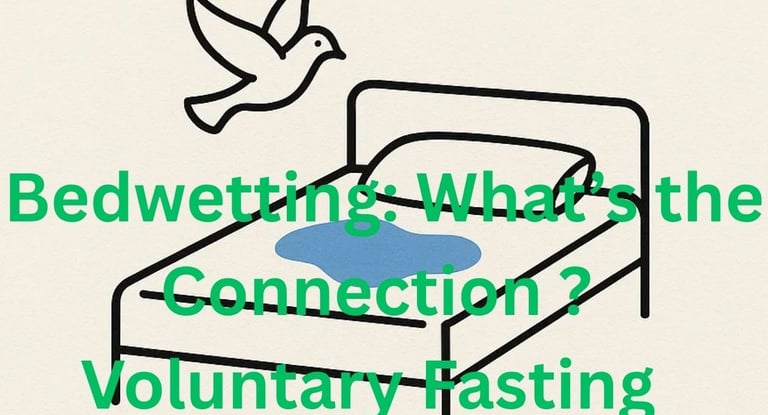

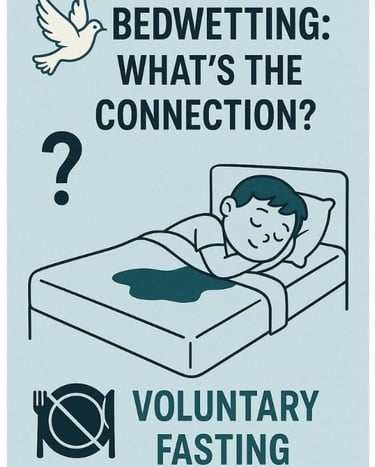

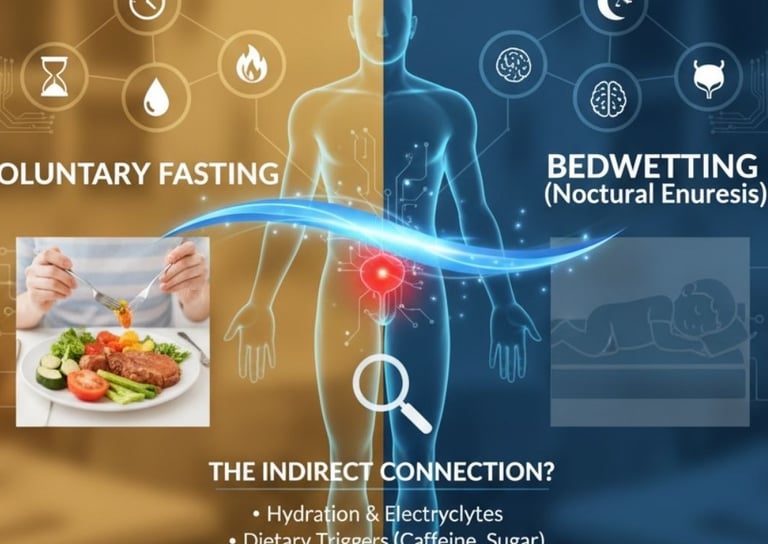



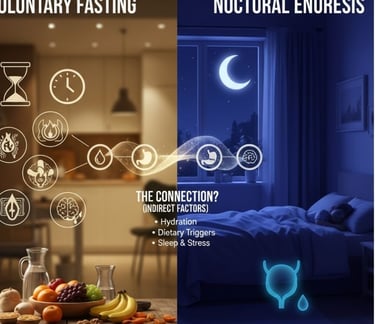

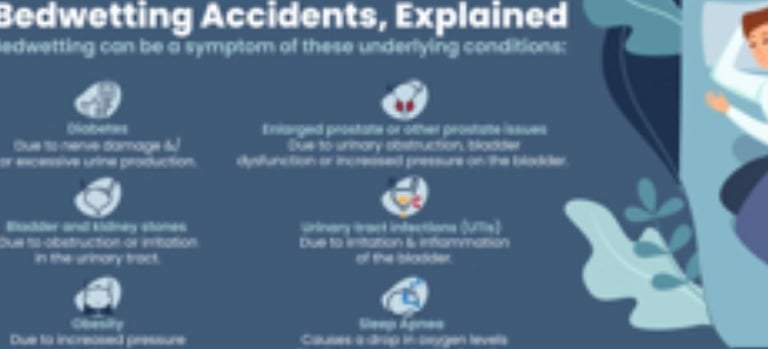

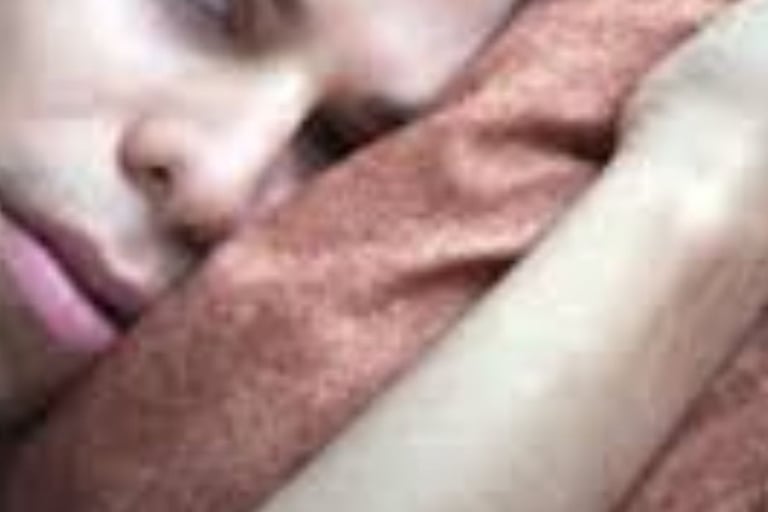

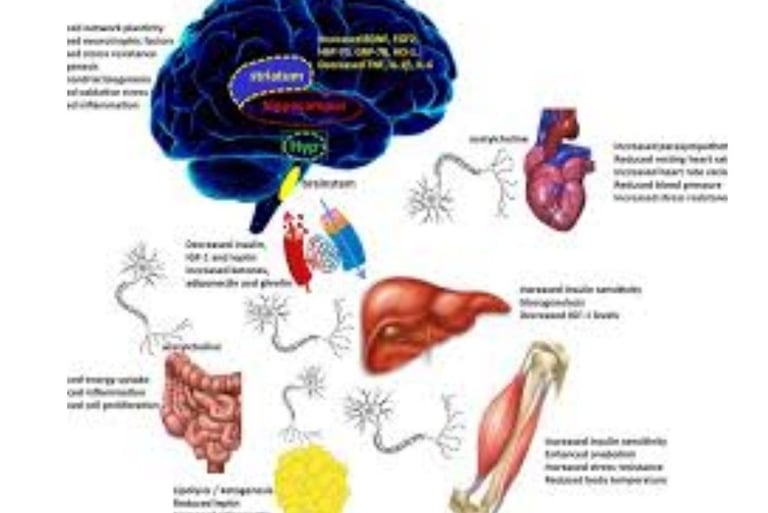



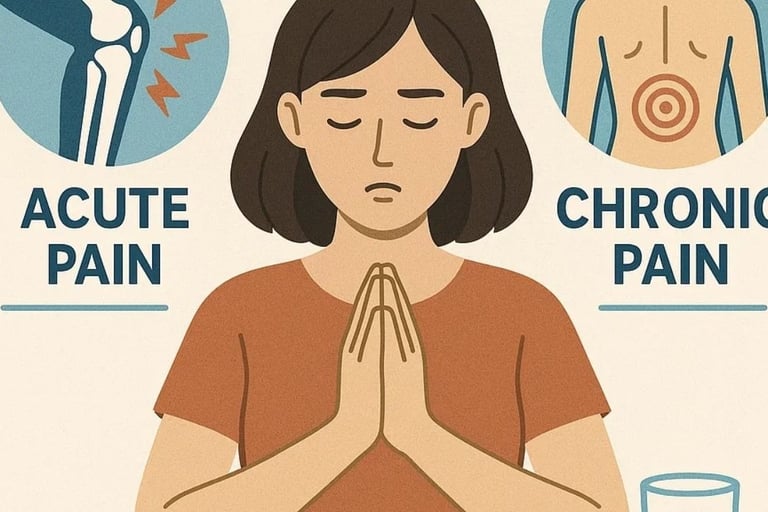


Get in touch
Address
Cairo Al Rehab
Contacts
+20 109 405 2056
hassanalwarraqi@h-k-e-m.com
